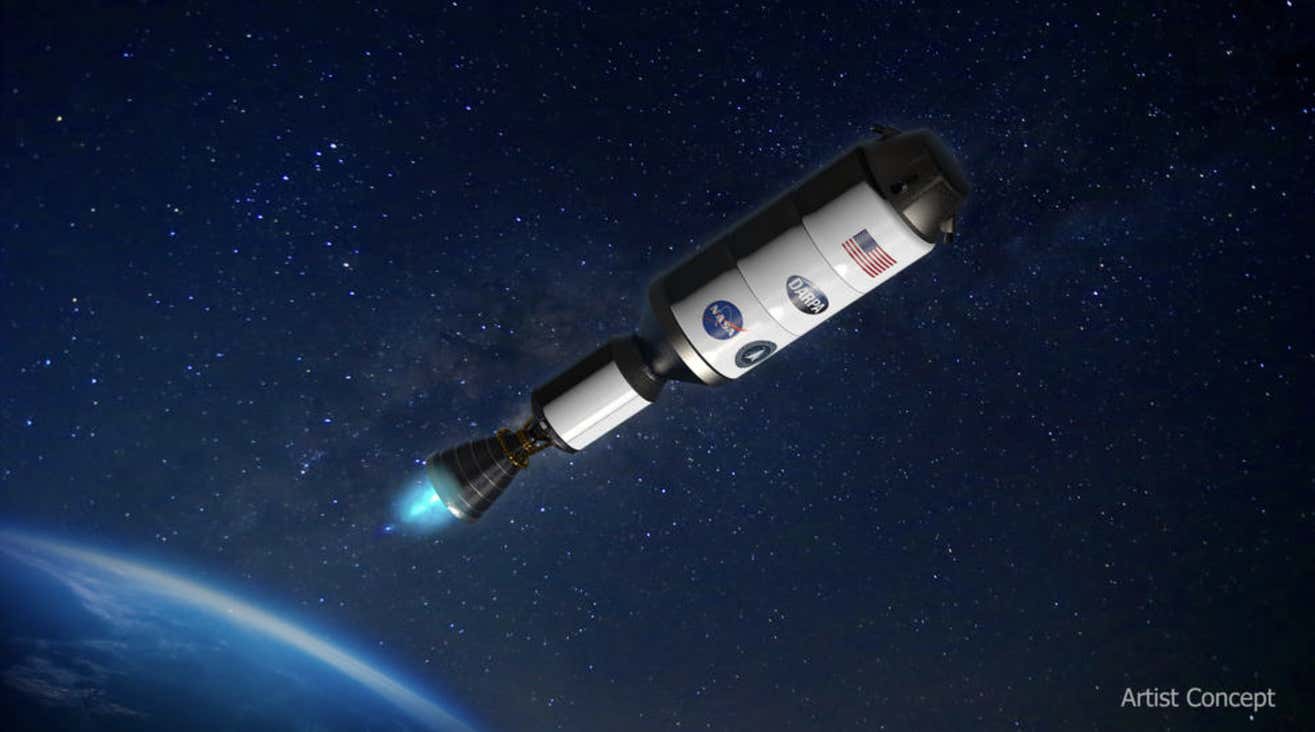Yes, NASA is actively working on developing nuclear propulsion technology for future missions to Mars and beyond. The agency is collaborating with the Defense Advanced Research Projects Agency (DARPA) to create a nuclear-powered rocket that could travel three times faster than traditional liquid fuel rockets.
The use of nuclear power in rockets is aimed at significantly reducing travel time to Mars. With conventional rockets, the journey to the Red Planet takes approximately eight months. However, a nuclear propulsion system could potentially shorten the travel time to just two and a half months, reducing the exposure of astronauts to long-duration space travel and cosmic radiation.
NASA and DARPA are exploring the use of low-enriched uranium (LEU), which is different from highly enriched, weapons-grade uranium. The scientists involved in the project consider LEU to be a safe option, similar to what is used in nuclear reactors. They believe that this choice of fuel would mitigate potential health risks.
One of the advantages of nuclear propulsion is that it would allow astronauts to carry more payload since less propellant would be required for the journey. This would enable them to focus more on scientific exploration and conducting experiments on the Martian surface.
It’s worth noting that NASA is not solely relying on nuclear power for deep space exploration. The agency is also investigating other propulsion technologies, such as the rotating detonation rocket engine (RDRE), as potential options for future missions.
The European Space Agency (ESA) is also considering nuclear power for its deep space research endeavors, further highlighting the interest in this technology within the space exploration community.














